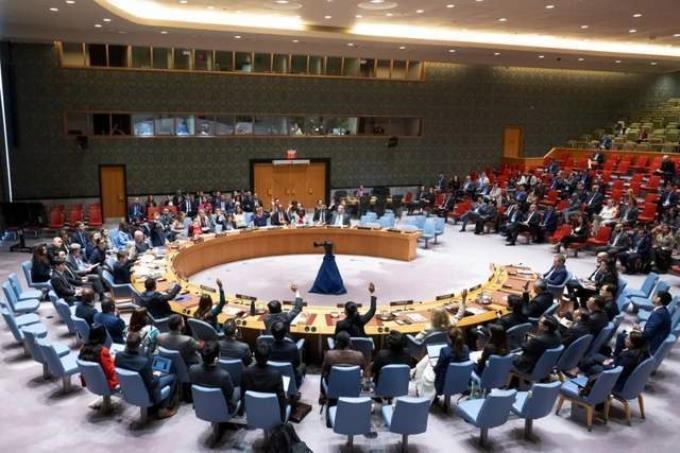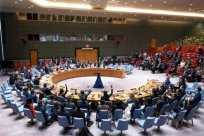On June 10, local time, the United Nations Security Council passed a resolution with 14 votes in favor and Russia's 1 vote abandoned resolution, requiring Israel and Palestine Islamic resistance (Hamas) to be unconditionally in the Gaza Strip.The three -stage ceasefire plan.
Hamas subsequently issued a statement saying that he was willing to accept the agreement that could ensure the end of the war, and prepared for the specific details and the parties to start negotiation.Considering that the U.S. government claims before the Security Council vote, Israel has accepted a three -stage plan, which means that after nearly two weeks of efforts, the Gaza Strip is finally expected to achieve a ceasefire peace talks and hostage exchange.

Hamas once issued a "positive signal" to the agreement, saying that it would make a formal response.However, on June 8th, Israel caused hundreds of Gaza civilian casualties in the "rescue hostile" operation. The Chairman of the Political Bureau of Hamas made a negative statement on the agreement. Neitanahu also said that he would continue his military operations.It was unexpected that in just three days, both parties accepted the UN Security Council resolution.
Analysis believes that the consistent pressure of the international community has prompted Israel and Hamas's leadership to change attitudes.
Of course, even if both Israel and Hamas accept the latest resolutions from the Security Council, it does not mean that the peace of the Gaza Strip will be realized quickly.The two sides will first open a 6 -week local withdrawal and partially release hostages and exchange prisoners. After the first stage is completed, it will be transferred to the negotiation of comprehensive withdrawal and comprehensive exchange of detainees.After the resolution was approved, Israel has stated that "it will not participate in a meaningless and endless negotiation."
In addition, the Security Council's resolution also mentioned the "unified" management of Palestinian power agencies on the Gaza Strip and the west bank of the Jordan River, which means that the Palestinian power agency's ruling group Fartach and Hamas also need to reach a new cooperation agreement.Reuters reports that the two sides will come into contact in Beijing at the end of June.
What specific differences are still facing Hamas and Israel in the ceasefire negotiation?Is Hamas willing to support the "two countries" and the process of reconciliation in the Palestinian and Palestine?In response to these issues, Hamas senior official Hatid Kadami recently said in an exclusive interview with China News Weekly that Hamas agreed to establish an independent Palestine country based on the 1967 boundary and east Jerusalem as the capital.Cadami also expressed his thanks to the Chinese government for promoting the process of reconciliation in Palestine. Hamas was willing to unite with Palestinian political factions without prerequisites.
The practicing physician Kadami joined the Hamas Youth Branch when he was young, and then studied for a master's degree in international relations and doctoral degrees, and entered the Hamas Political and International Relations Department.He is currently the representative of Hamas in Iran and is one of Hamas's main foreign spokesperson.Since October 2023, Cadami has been interviewed by international media many times. As a member of the Hamas delegation, he has visited South Africa and other countries to participate in the international conference on Pakistani issues.



